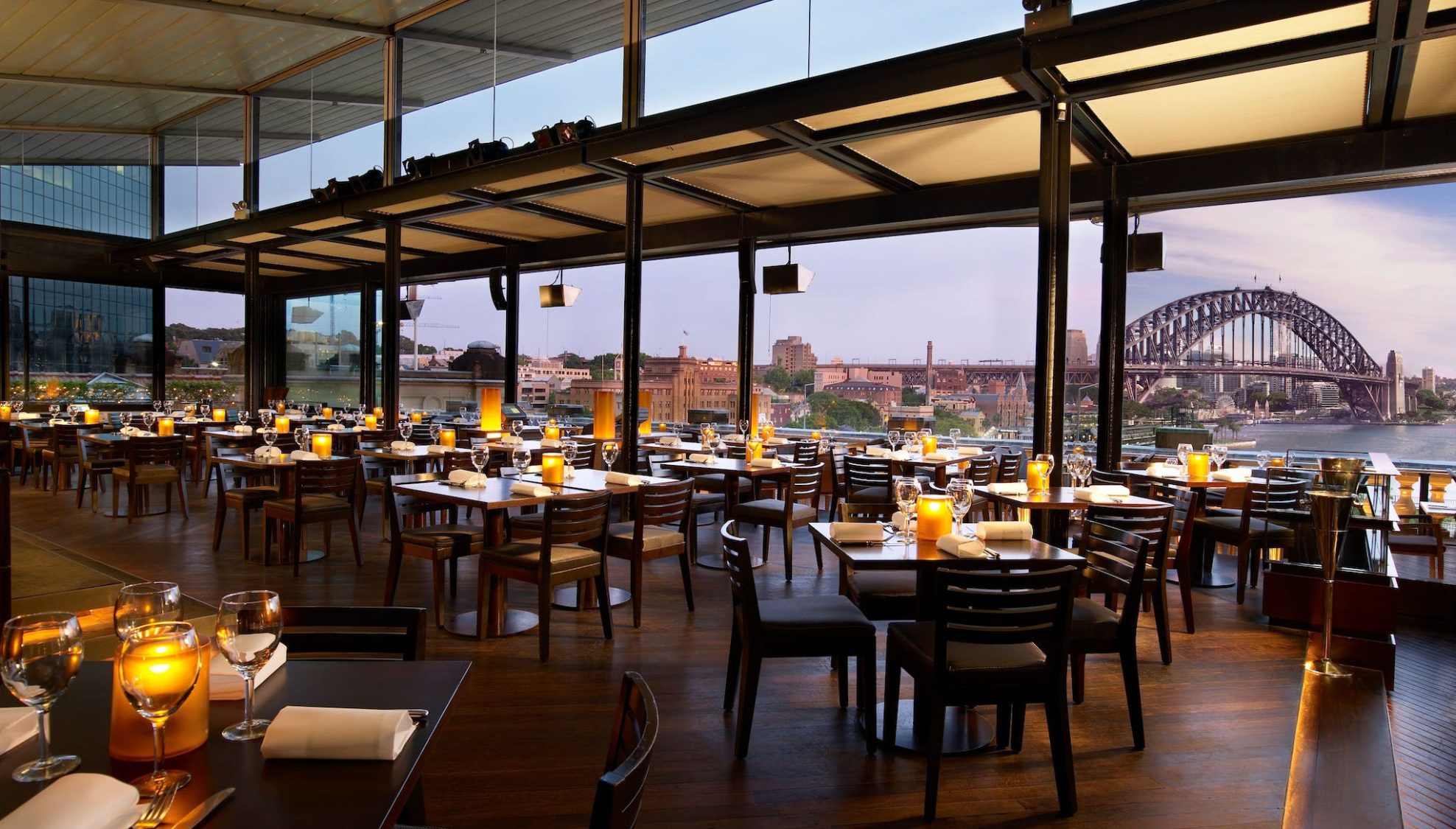Meeting with Oscar Chow from Polaris Holdings Limited
HKISIBC visits Citibank
HKISIBC leader visits the Polaris Holdings headquarters in Hong Kong and meets Founder and CEO Oscar Chow.

6th September 2022

Q) Can you tell us about your role at Polaris Holdings Limited. What would your day to day operations look like?
A) Polaris is a private company that was set up to focus on investing into food and beverage businesses. I have a unique background compared to other people in this industry, as I was involved in the corporate investing world prior to this new venture. Because I am not a restaurateur, it is hard for me to take care of the nitty-gritty, and rely on a group of excellent professionals who have decades of experience in this field. As of today, we make decisions as a collective, making sure that our judgment is well informed.
Q) With how strict the COVID regulations were in Hong Kong, how has the COVID pandemic affected your businesses and how have you been able to tackle these challenges?
A) It was extremely difficult. In fact, it did not start with covid, due to social unrest in the second half of 2019, certain locations were negatively impacted. We had to pull away from locations that were going to be opened, and had to size down our head office. At some point, we shrunk to only 14 outlets from 25, which was a painful change, even having to move offices. Covid was a huge impact, very different from SARS, which came and left quickly. I think that if not for the restrictions set by the government, our sales would not have been affected too much. The government did provide support by subsidizing, as well as concessions from landlords, although not to the degree of the government. Because of this, our loss was luckily cut in half. In 2021, we had a good run, around nine months of good business, but this year (2022) was the worst due to the fifth wave. The length of the wave, sick leave, as well as the change in consumer expectations caused this to be extremely difficult.
Q) How do you go from a concept of a restaurant to actually launching and the final product?
A) Because we are a multi brand concept, we react to sites landlords have. They usually come to us with a concept, but they ask for our thoughts and our feedback. It depends on what is around that area and the price, among other things. We generally like to work within our portfolio of concepts, for example, five brands of ten outlets is better than fifty different brands on one outlet. As our target price is around 200 dollar-ish, the culinary requirement is not that high, and thus cost-efficiency is the biggest factor.

Cafe Sydeny by Polaris Holdings/ Cafe Deco Group
Meeting with Oscar Chow
Q) What do you believe are the key components of starting a F&B business?
A) I think that you need a real passion for it. If you are not an expert, it is extremely beneficial to have a really senior team of trustworthy people. Unless you are in the industry and are breathing the business, don’t do it. The operational aspect is the most important part, and if you are certain of this, it could be a viable business. The types of F&B are also worth looking into, such as coffee shops which is a good option. In my opinion, a high end restaurant is a bad idea, as the chef could be unreliable, unless you are the chef yourself, this area is not the best choice. Fast food is all about scale, it is easier to corporatize. However, there is a lot of risk involved in this industry as a whole. Most people do this as a hobby, and doing it as an income source is difficult.
Q) In the event a restaurant is not performing as expected, what are some of the approaches to take?
A) You always want to look at tweaking your concept before taking any drastic action. The menu, food quality, service quality, price point, location, are all variables that have to be looked at. After working out all of these factors, you may need to cut costs, sometimes having to sacrifice one variable for the other. I think generally in Hong Kong unless you are dealing with individual street stores, where the landlords may have made a loose contract, it is hard to completely get out of a certain situation.
Q) Can you tell us a success story about one of your businesses?
A) For us, it would be Cafe Sydney. It has been a consistent money earner, a landmark restaurant in Sydney. It isn’t fine dining, but rather something of the Rock Pool level. More recently, I think that the meat packing industry has been a great success. Compared to opening restaurants, a production and distribution business’ sustainability is not subject to the landlord. While moving the factory is a big problem, even if you have to move, that doesn’t mean your consumer base is gone. After seeing what happened during Covid, we didn’t really lose much money, while the restaurant money caused us to bleed heavily. It is much easier to grow clientele is a slow and steady manner. The restaurant industry forces you to act quickly, and the risk to reward ratio isn’t great.
Q) What valuable lessons have you learned throughout your business career?
A) Aside from the visibility from Covid, I would say that I would have deployed more time and effort into growing the B-to-B business. I would tilt it to 50-50 or even 60-40. Perhaps I would have acquired other distribution to add to it, rather than focusing on the restaurants.
Q) What is one piece of advice you’d give to somebody starting out in your career field?
A) You have to know what you are doing in this industry. For someone with limited capital, unless you are extremely well-versed, the risk should not be taken. You can get one store, pay off the lease in two years, and then make revenue for the rest of the lease, during which time you can open another store. WIth limited outlets, the risk is too big. You also have to consider the management, and their personal objectives and their reasoning behind joining. Opening a single-shop restaurant all depends on how much of an investment it is to the individual. There are so many ways that things could go wrong, and you have to careful consider all of these different factors.
